Dreamers Dreamers
Hustlers Hustlers
Troubleshooter Troubleshooter
Achievers Achievers
How AI is Revolutionizing Personalized Learning: The Future of Education

Oct 30, 2025

Read in 4 Minutes
Table of Contents
Introduction: AI Transforming Education
Education is undergoing a rapid and profound transformation, driven by the integration of AI in education. Traditional classrooms, where every student follows the same pace and curriculum, are gradually being replaced by intelligent systems that adapt to each student’s learning style, pace, and strengths.
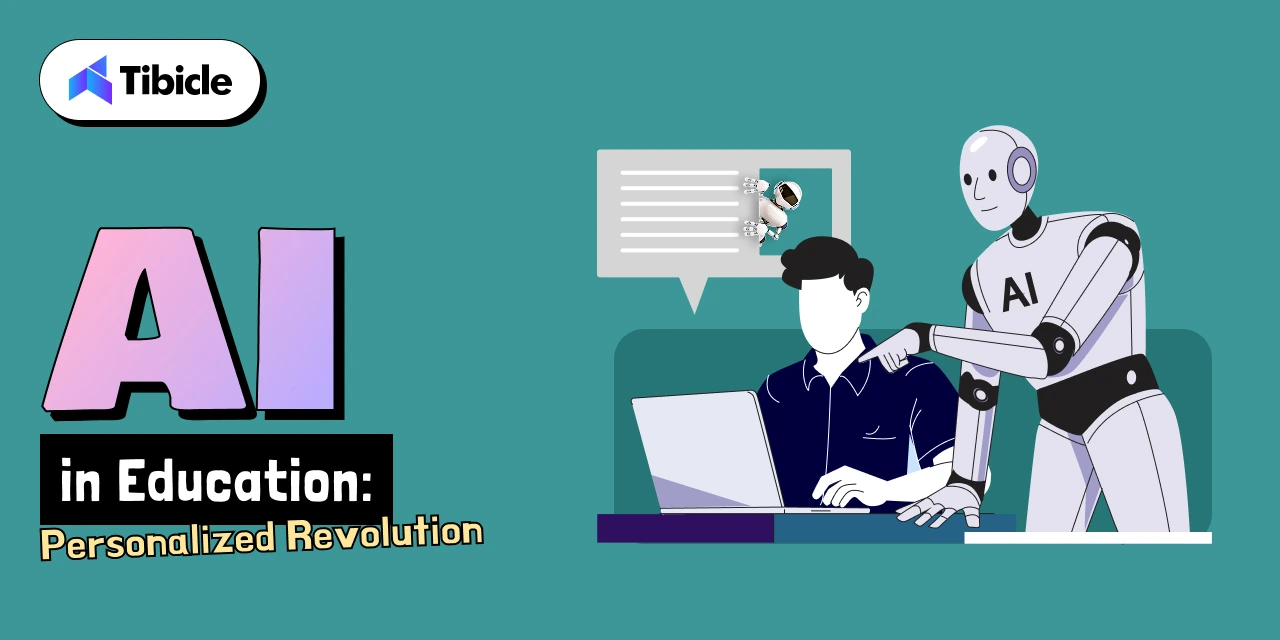
From K-12 schools to universities, AI is helping educators:
- Deliver personalized learning experiences tailored to individual needs.
- Automate repetitive tasks like grading, attendance tracking, and lesson planning.
- Provide interactive and adaptive learning tools accessible anytime, anywhere.
Students benefit from real-time feedback, interactive exercises, and access to lessons through digital learning platforms and online courses. Teachers, on the other hand, gain more time to focus on creative instruction, mentorship, and addressing individual learning gaps.
With the rise of gamified educational apps, SaaS-based platforms, and AI-powered tutoring, learning has become more engaging, efficient, and data-driven. AI is not just a tool; it is becoming the backbone of adaptive, scalable, and personalized learning ecosystems.
Personalized Learning with AI
One of the most impactful ways AI is transforming education is through personalized learning. Unlike traditional classrooms that follow a one-size-fits-all approach, AI enables learning experiences tailored to each student’s unique pace, strengths, and preferences.
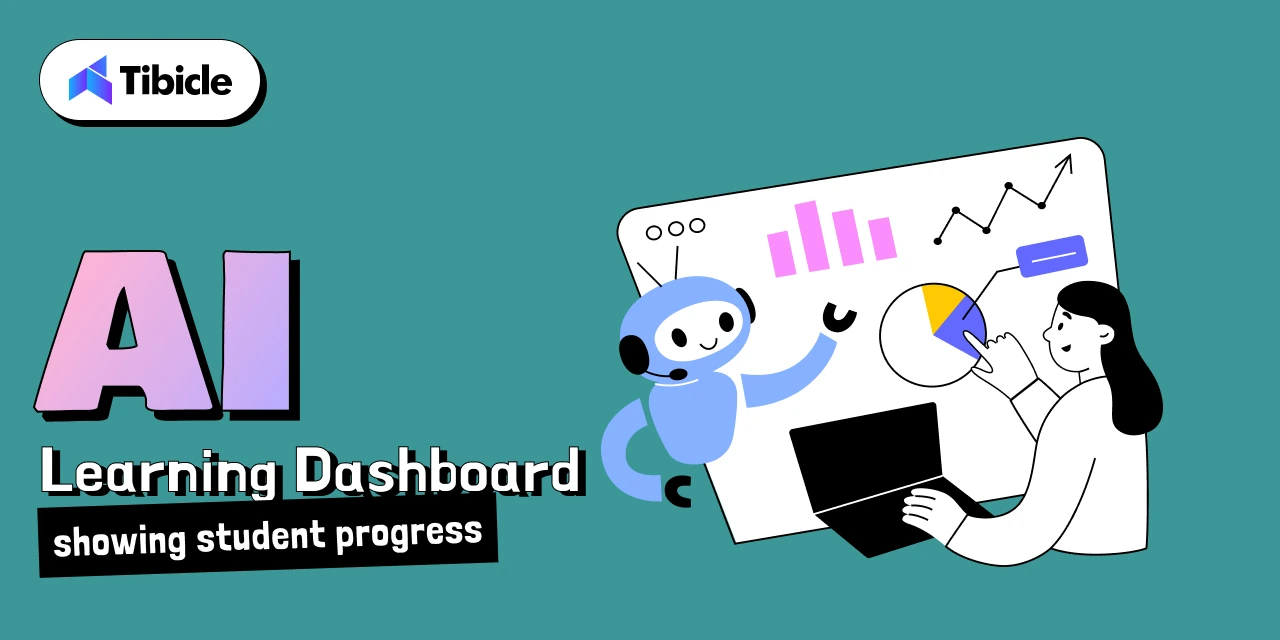
How It Works:
- Adaptive Content Delivery: AI platforms analyze student performance and adjust lessons in real time. Students struggling with a topic receive additional exercises, explanatory videos, or interactive simulations, while advanced learners are challenged with more complex material.
- Automated Quizzes and Practice: AI generates exercises, quizzes, and summaries automatically, reducing repetitive work for teachers.
- Virtual Tutors and Chatbots: Available 24/7, these assistants help students clarify doubts, practice problem-solving, and brainstorm ideas for assignments or projects.
Benefits:
- Boosts student confidence and independence.
- Encourages self-paced learning and habit formation.
- Provides data-driven insights to educators for targeted interventions.
AI-powered personalized learning is widely used in online platforms, EdTech apps, and SaaS-based solutions, enabling adaptive learning that maximizes engagement, retention, and efficiency for both students and teachers.
AI in K-12 Education
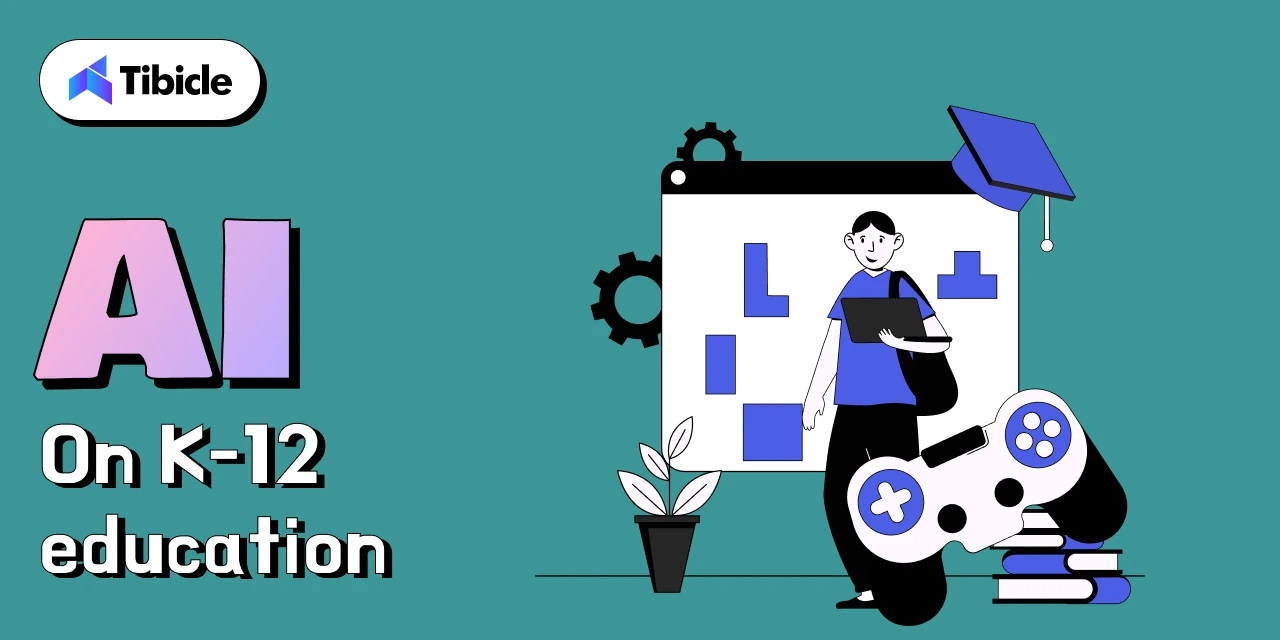
In K-12 education, AI is redefining the classroom experience. Traditional methods relying solely on textbooks and lectures are now supplemented by intelligent tools that adapt to individual learning styles and needs.
Key Applications of AI in Schools:
- Smart Tutoring Systems: Provide personalized guidance and practice exercises for students, helping them grasp concepts faster.
- Gamified Learning Modules: Lessons incorporate points, badges, and challenges to keep students motivated.
- Teacher Dashboards: Track student progress, manage assignments, and plan lessons efficiently, significantly reducing preparation time.
- Interactive Tools: Enable collaborative learning through AI-recommended group projects and discussions.
Impact on Students and Teachers:
- Students receive customized support, helping them master concepts at their own pace.
- Engagement improves through gamified and interactive lessons, increasing knowledge retention.
- Teachers gain actionable insights into student performance, allowing targeted interventions for those who need extra help.
AI also enables flexible, remote learning, ensuring that students can access lessons and resources from anywhere, bridging gaps created by distance or resource constraints. Overall, AI empowers educators to create student-centered classrooms that are adaptive, engaging, and data-driven.
AI in Higher Education
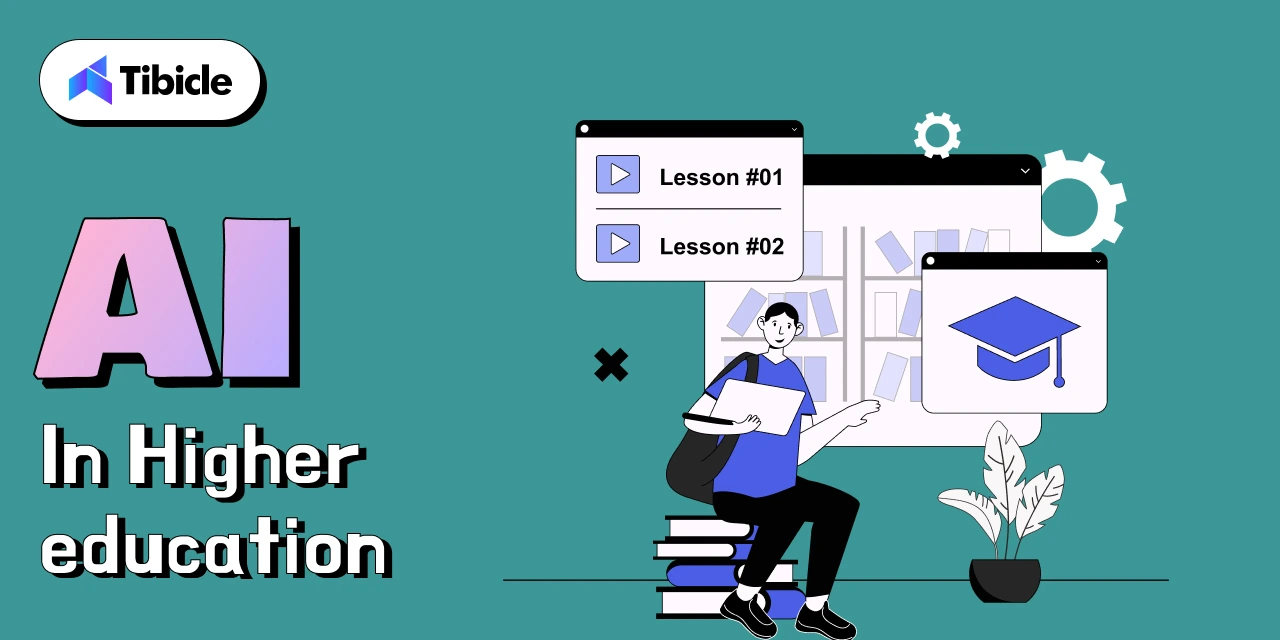
AI is making a significant impact in universities and colleges, where learning is more complex and student populations are larger. Higher education institutions are leveraging AI to personalize learning, enhance operational efficiency, and provide scalable support for diverse learners.
Key Applications:
- Virtual Teaching Assistants: Offer 24/7 academic guidance, answer common queries, and assist in research projects.
- Predictive Analytics: Analyze student performance, engagement patterns, and attendance to identify learners needing extra support.
- Automated Grading & Plagiarism Detection: Reduce administrative workload for educators.
- Career Guidance & Recommendations: Suggest relevant courses, skill development paths, and personalized academic advice.
Benefits for Students:
- Flexible access to online and hybrid learning models.
- Personalized support and adaptive course recommendations.
- Enhanced autonomy in learning, allowing students to focus on areas needing improvement.
Benefits for Institutions:
- Optimize resource allocation and curriculum design using real-time insights.
- Reduce faculty workload while maintaining high-quality teaching standards.
- Enable data-driven decisions to improve student outcomes and engagement.
By integrating AI, higher education institutions can create smarter, more adaptive learning environments that prepare students for both academic and professional success in a rapidly evolving world.
AI-Powered EdTech Platforms and SaaS Solutions
The rise of AI in education has fueled the development of EdTech platforms and SaaS solutions that transform how students learn and how educators teach. These platforms provide scalable, flexible, and adaptive learning experiences across schools, universities, and professional training programs.
Key Features:
- Personalized Content Delivery: AI adjusts lessons based on student performance and learning preferences.
- Automated Assessments: Quizzes, exercises, and progress tracking are generated dynamically.
- Analytics and Insights: Educators can monitor engagement, performance trends, and areas for improvement.
- Cloud-Based Accessibility: Students and teachers can access materials anytime, anywhere, supporting remote and hybrid learning models.
- Integration with Existing Tools: LMS, collaborative apps, and digital resources can be seamlessly combined.
Benefits:
- Reduces repetitive tasks for teachers, allowing focus on mentorship and creative instruction.
- Provides actionable insights to optimize course design and interventions.
- Scales across large institutions without additional infrastructure costs.
- Enables adaptive, student-centered learning environments.
Real-world applications include adaptive learning platforms, gamified STEM courses, language learning apps, and corporate upskilling programs. SaaS-based AI solutions make education more efficient, engaging, and accessible, setting the stage for the next generation of digital learning.
Gamification and Interactive Learning
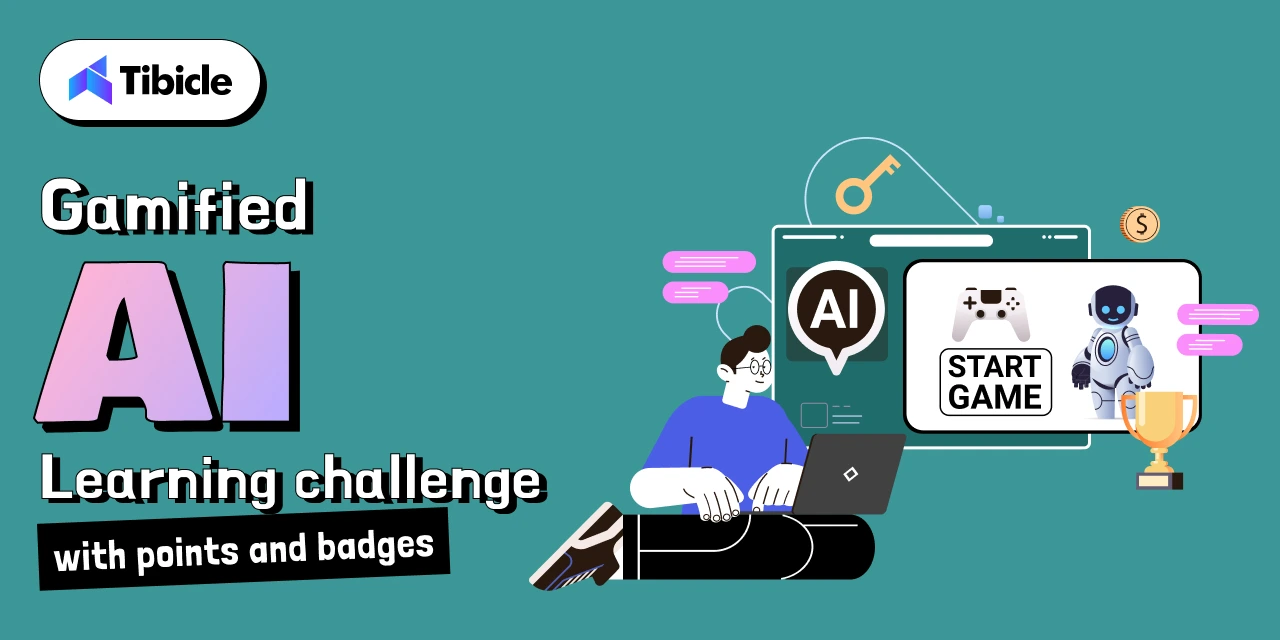
Engagement is a critical factor in effective learning, and AI-powered gamification is one of the most effective ways to keep students motivated. By incorporating game-like elements into lessons, AI platforms create interactive and immersive learning experiences that make education enjoyable and effective.
How Gamification Works with AI:
- Adaptive Challenges: Quizzes and exercises adjust difficulty based on student performance.
- Rewards and Recognition: Points, badges, and leaderboards encourage active participation.
- Collaborative Learning: Scenario-based exercises promote teamwork and problem-solving skills.
- Real-Time Feedback: AI monitors progress and provides instant guidance to correct mistakes.
Benefits for Students:
- Increases engagement and motivation.
- Reinforces learning through active participation and practice.
- Encourages critical thinking, problem-solving, and independent learning.
Benefits for Educators:
- Reduces time spent on grading and engagement tracking.
- Provides insights into student performance and learning patterns.
- Enables teachers to focus on mentorship, creativity, and personalized interventions.
By integrating gamification and interactive learning, AI transforms traditional classrooms into dynamic, student-centered ecosystems. This approach ensures long-term knowledge retention, increased curiosity, and self-paced progression for all learners.
Benefits for Students and Educators
The integration of AI in education brings significant advantages for both students and educators, creating more efficient, engaging, and personalized learning experiences.
For Students:
- Personalized Learning Paths adapting to individual strengths, weaknesses, and pace.
- Real-Time Feedback on exercises and assessments for better learning outcomes.
- Flexible Access via online and SaaS platforms.
- Gamified Learning to keep motivation high.
- Inclusive Education for diverse learners.
For Educators:
- Automation of Routine Tasks like grading and attendance.
- Data-Driven Insights for targeted interventions.
- Lesson Planning Support through AI-generated quizzes and exercises.
- Focus on Mentorship and creative teaching.
- Improved Learning Outcomes for students.
Challenges and Ethical Considerations
While AI in education offers numerous benefits, it also brings challenges and ethical considerations that institutions must address.
Key Challenges:
- Algorithmic Bias: AI systems may unintentionally favor certain groups.
- Data Privacy: Student performance and personal information must be protected.
- Over-Reliance on Technology: Human mentorship and creativity remain essential.
- Infrastructure and Training: Required for effective AI implementation.
Addressing Ethical Considerations:
- Establish transparent AI policies.
- Combine AI tools with human guidance.
- Ensure inclusive AI systems.
- Provide training and support for educators.
Conclusion
AI is revolutionizing education by creating personalized, adaptive, and engaging learning experiences for students while providing educators with automation, insights, and support. From K-12 classrooms to universities, AI-powered platforms, gamified modules, and SaaS solutions are reshaping how knowledge is delivered and consumed.
While challenges such as data privacy, algorithmic bias, and over-reliance on technology exist, careful implementation ensures that AI enhances learning outcomes and improves teaching efficiency.
At Tibicle, we specialize in developing award-winning educational platforms tailored to meet the evolving needs of the education industry. If you want to explore AI-driven solutions for your institution or learning platform, schedule your call from here or share your requirements from here, and our expert team will get back to you to discuss how we can help transform your educational experience.
FAQ: AI in Education
- How can AI be used in education?
AI can personalize learning paths, provide instant feedback, automate grading, and support adaptive content delivery for both students and educators. - What are the benefits of AI in education?
- Enhances student engagement and motivation.
- Improves knowledge retention through adaptive learning.
- Reduces course preparation and grading time for teachers.
- Provides actionable insights into student performance.
- Are there any disadvantages of AI in education?
Challenges include algorithmic bias, data privacy concerns, over-reliance on technology, and the need for teacher training to use AI tools effectively. - How does AI support gamified learning?
AI adapts challenges, quizzes, and simulations based on student performance, keeping learning interactive, engaging, and tailored to individual needs. - Can AI be applied to higher education and online platforms?
Yes. AI supports predictive analytics, virtual assistants, and adaptive online courses, enabling scalable, personalized, and efficient learning for universities and online education providers.
Written by
Recent Blogs
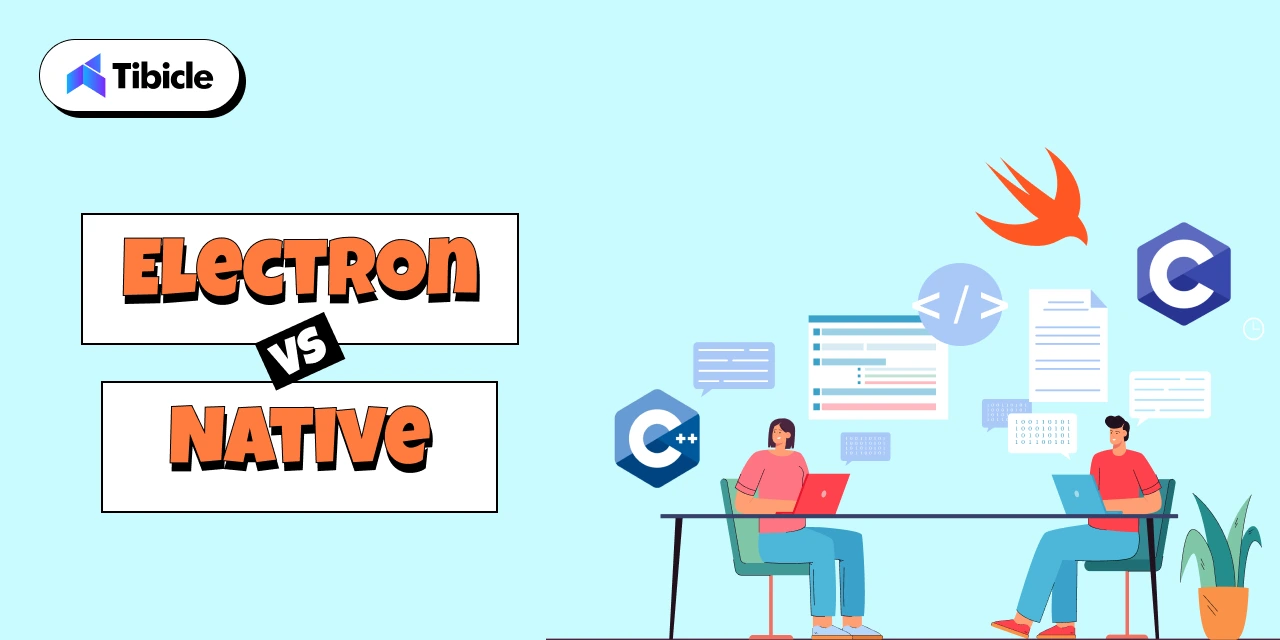
Electron vs Native: Which Is Better for Your Next Desktop App?
Introduction: The Desktop App Dilemma Desktop applications are experiencing a major resurgence. As cloud software matures and AI-driven workflows become the norm, businesses are increasingly turning to desktop apps for speed, reliability, offline access, deeper system control, and better user experience. But with this shift comes a critical decision that every founder, CTO, or product […]
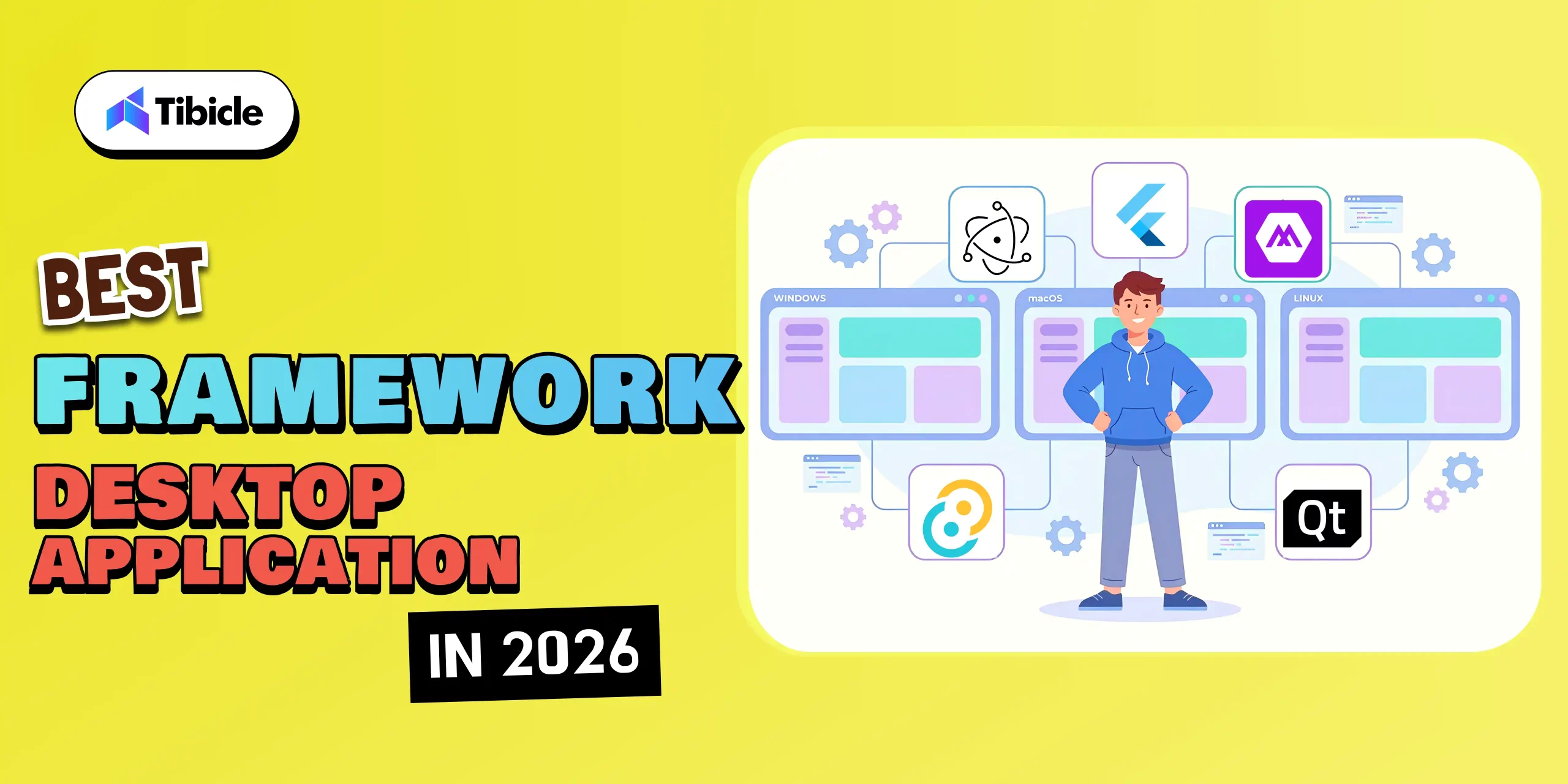
Best framework for desktop application in 2026
Introduction The desktop application landscape in 2026 is more dynamic than ever. What once required platform-specific coding and months of development can now be achieved faster, smarter, and more efficiently thanks to modern frameworks that bridge performance, portability, and design. From AI-driven desktop tools to cross-platform productivity suites, businesses are investing in desktop apps that […]
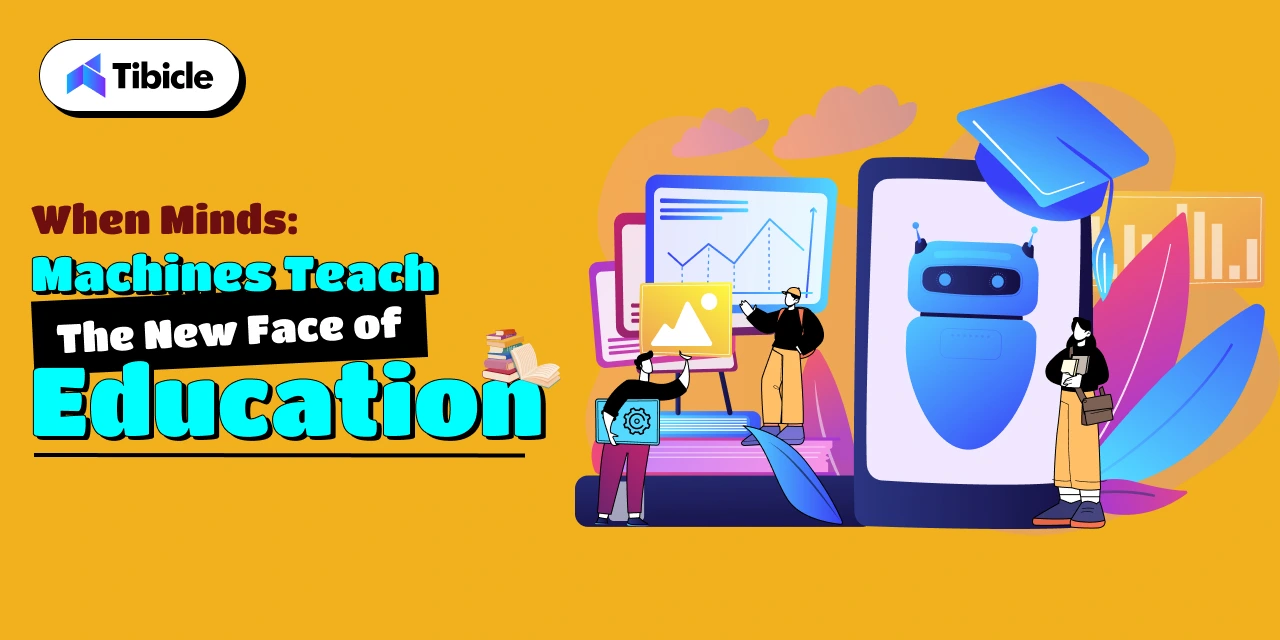
When Machines Teach Minds: The New Face of Education
Introduction: Education at an Inflection Point 🎓 Education has always been the foundation of human progress.From the earliest oral traditions to the invention of the printing press, from chalkboards to digital classrooms, every era has redefined how knowledge is shared and preserved. Yet today, we stand at the edge of a transformation unlike any other. […]
Take the first step towards success—book a consultation with our expert team member.






